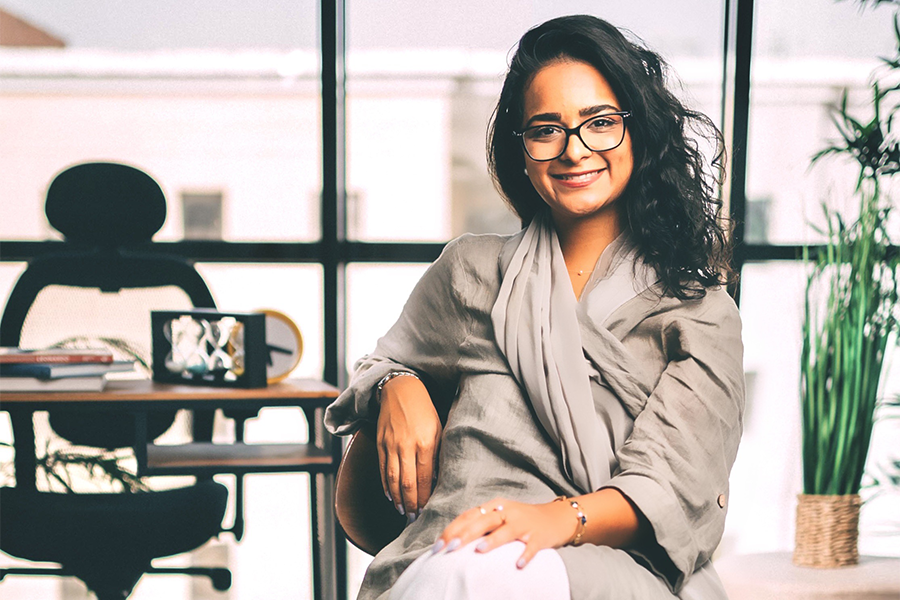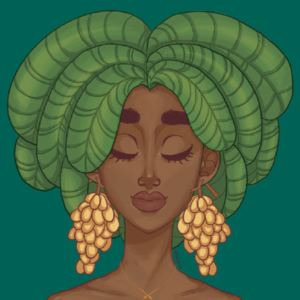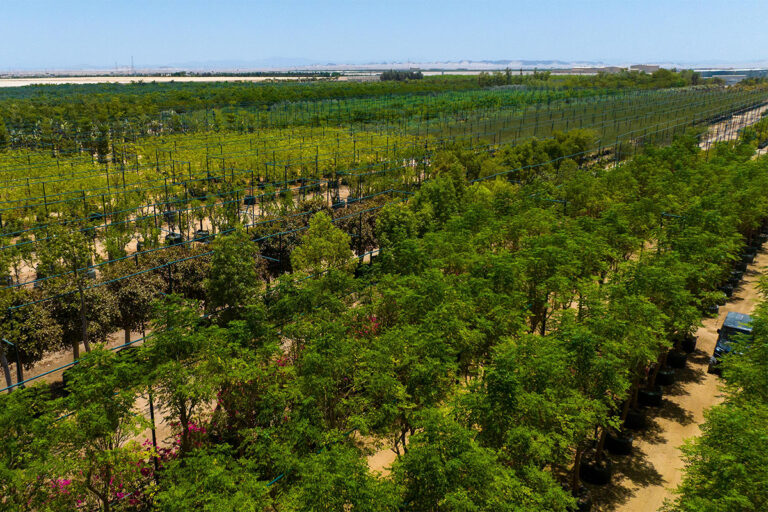
At the age of just 26, Salwa Radwi is blazing an inspiring trail to the future of art in Saudi Arabia. In 2021, Salwa launched Nuqtah, a platform that allows local artists to create digital NFTs based on their artworks. Nuqtah gives creatives new possibilities to market their art, protect their rights, and share their vision with the world.
There’s no stopping Salwa Radwi. Ten years after becoming one of the youngest Saudi artists to have a photograph displayed in the British Museum, Salwa has launched Nuqtah, the country’s largest NFT marketplace, and secured pre-seed funding from Middle East tech investors Shorooq Partners and Sanabil 500.
A natural-born connector, Salwa is bridging the gap between the creative community and the high-tech world of NFTs, those abstruse, hard-to-define entities that enable secure ownership of digital assets such as art and music.

Salwa explains that, while working at Saudi Arabia’s leading entrepreneurship hub, she realized that NFTs give local artists a much-needed way to assert their rights over their creations and find new markets for their work.
“Before NFTs, a creative’s artwork could be misused, abused, or even lost,” she says. “With NFTs, artists won’t be exploited anymore by billion-dollar companies. Founding Nuqtah and reaching out to artists is my way of giving back to the creative community.”
Local artists of all ages and genres are lining up to turn their art into NFTs and market them on Nuqtah. Salwa is especially interested in the potential of NFTs to bring the work of traditional and often neglected artists to a much wider audience. She plans on working closely with women from ancient villages in the southern region of Asir—a world away from the hipster cafés and contemporary art galleries of Riyadh and Jeddah—who decorate their traditional homes with richly varied geometrical designs and patterns.

Noora Binladin is often more valuable and authentic
“We can use NFTs to validate these incredible artworks, market them to a new audience, and preserve traditional art forever,” Salwa says.
Salwa dedicates much of her time to educating the Saudi market about the potential of NFTs. Nuqtah staff members— the people she calls her “dream team”— run regular workshops for artists and for galleries who want to start offering NFTs to their customers in Saudi Arabia and beyond.
“Our goal is to be the leading provider of infrastructure for NFTs in the region,” says Salwa. “We are hiring the best tech talents in town. We want to be the main platform for the digital creative economy in the Middle East.”
When did you first get interested in NFTs?
Unlike most people in the NFT field, I didn’t come from the cryptocurrency and blockchain space. I am a creative. I believe in the value of a creative economy. I was head of community at a large coworking space, so I knew what was needed to enable talented people, make them feel part of a community, and validate their creations. That is when I discovered NFTs. There is almost no legal structure for digital artwork now. Artists need financial help, infrastructure, and governance. NFTs give them all that. With NFTs, artists can win back their rights
What sort of artists are you working with?
I have lost count of the number of creatives we have met to explain the benefits of NFTs. We don’t focus on the technology; we talk about how they will benefit. We are especially interested in working with local artists. Art that is local and regional is more valuable and authentic.
“NFTs will help stop the exploitation of artists by billion-dollar companies. Nuqtah is my way of giving back to the creative community.”
Salwa Radwi, Founder, Nuqtah
How much support have you received from investors and accelerators?
We launched Nuqtah in the middle of 2021. We have already received investment from Shorooq Partners and have participated in the Sanabil 500 MENA seed accelerator program. These partners have played a strategic role in helping us validate the market and enable the NFT scene in Saudi Arabia. Soon, we will be opening a seed round. I am optimistic about the numbers. We have such an incredible team of people at Nuqtah who are making this possible. The transaction value will come. It is more important now for us to educate and enable the market. That is the primary goal of the Nuqtah dream team today.
What is it like to be a female tech entrepreneur in Saudi Arabia?
This is the best time to be a woman entrepreneur and a creative in Saudi Arabia. There is a huge drive now for creative enablement and female empowerment. It is a priority for the government to invest in tech and in the creative economy.
People are doing everything they can to make things easier and give more opportunities to women. For a woman in Saudi Arabia with an idea and an ambition, now is the best time to make that dream come true![]()
As published in Fortune magazine









